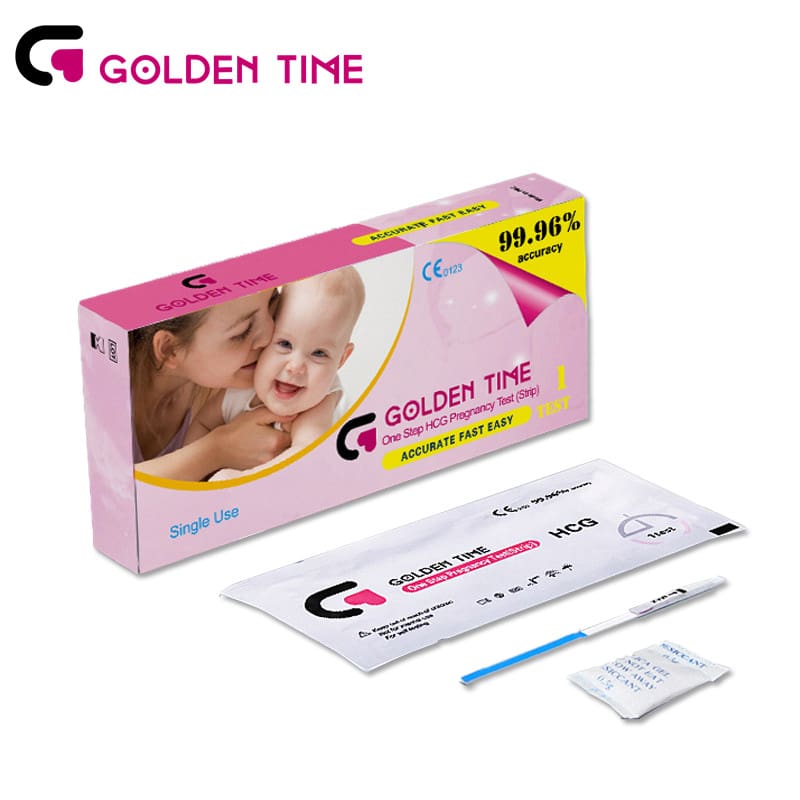Sep . 12, 2024 12:24 Back to list
Dengue IgG Test
Dengue fever, a mosquito-borne viral infection, poses a significant public health challenge in many tropical and subtropical regions. The disease is caused by the dengue virus, which has four distinct serotypes. As the incidence of dengue infections continues to rise worldwide, the need for accurate and reliable diagnostic tools becomes paramount. One of the key diagnostic methods involves the detection of immunoglobulin G (IgG) antibodies specific to the dengue virus. This has led to a growing market for dengue IgG testing, prompting numerous manufacturers to develop sophisticated diagnostic kits.
Manufacturers of dengue IgG tests play a crucial role in the fight against this disease. These tests enable healthcare providers to confirm past infections and assess immunity in individuals, particularly in endemic regions. The presence of dengue IgG antibodies typically indicates a previous exposure to the virus, which is vital for epidemiological studies and public health surveillance. Therefore, the development of high-quality, reliable, and cost-effective diagnostic tests is essential for managing dengue fever outbreaks.
.
Prominent manufacturers in the field have invested in research and development to enhance the sensitivity and specificity of their dengue IgG tests. Modern tests incorporate recombinant antigens and advanced detection technologies, such as enzyme-linked immunosorbent assays (ELISA) and lateral flow assays, to improve accuracy. Furthermore, manufacturers are increasingly focusing on the applicability of these tests in point-of-care settings, enabling healthcare professionals to make informed decisions rapidly.
dengue igg manufacturer

The global demand for dengue IgG tests has prompted manufacturers to expand their distribution networks and collaborate with healthcare providers. This ensures that diagnostic kits are available in regions most affected by dengue, thereby facilitating timely diagnosis and treatment. Effective distribution also aids in monitoring the epidemiology of dengue and helps public health officials implement measures to control outbreaks.
Moreover, with the rise of e-commerce and online pharmaceutical platforms, many manufacturers have begun to sell their products directly to consumers and healthcare facilities. This shift not only enhances accessibility but also allows manufacturers to gather valuable feedback from users, driving further improvements in test performance.
In conclusion, the role of dengue IgG test manufacturers is critical in combating dengue fever on a global scale. Their commitment to innovation, accessibility, and quality assurance ensures that healthcare providers have the necessary tools to diagnose and manage this infectious disease effectively. As the incidence of dengue continues to rise, the importance of reliable diagnostic solutions cannot be overstated, making the work of these manufacturers ever more vital in public health efforts.
-
Malaria Pf Ag Rapid Test Kit - Quick & Accurate Detection
NewsAug.11,2025
-
Accurate Cardiac Marker CK-MB Rapid Test for Quick Results
NewsAug.10,2025
-
Premium Empty ABS Plastic Cassette for Test Strips
NewsAug.09,2025
-
Sterile Urine Cup: Accurate Specimen Collection for Labs & Home
NewsAug.08,2025
-
Malaria Pf/Pan Ag Rapid Test Kit for Fast, Accurate Diagnosis
NewsAug.07,2025
-
Rapid Canine Corona Test: Fast & Accurate Results
NewsAug.06,2025

